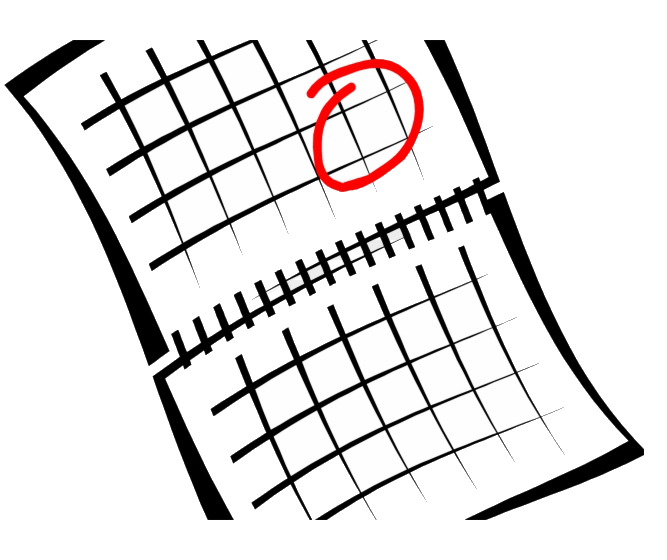An introduction and using breathing techniques while anxiously navigating rough terrain in a 4 wheel drive
[google-translator]

Time Line of This Chapter:
Jan 2022 – May 2022
- Acceptance and Commitment therapy
- Mini holiday to Mackenzie country
- Anxiety while driving in 4wd
- Breathing technique
- Great book to read.
As I began my first session with my psychologist, she asked me why I had come to seek treatment. My answer was simple – I did not want to get ill again. However, she gently suggested that we work on creating a “values-based wellness plan”. With emphasis on moving forward to things of value that give my life meaning rather than a negative focus of avoiding getting sick. And so, I began my journey into acceptance and commitment therapy (ACT).
Acceptance and Commitment therapy (ACT) is a type of therapy that can be helpful for people who are going through chemotherapy. Some of the benefits of ACT-based psychological counseling after chemotherapy include:
- Helping you accept the reality of your cancer diagnosis and treatment. (Chemo can be a tough pill to swallow, but ACT can help you accept it and move forward.)
- Assisting you in letting go of unhelpful thoughts and feelings that are getting in the way of your well-being. (Chemo can bring up a lot of negative thoughts and emotions, but ACT can help you detach from them and focus on what’s important.)
- Providing you with tools to manage difficult physical symptoms and side effects of chemotherapy, such as nausea and fatigue. (ACT can teach you how to be present in the moment, rather than getting caught up in worrying about side effects.)
- Helping you find meaning and purpose in the midst of your cancer treatment. (ACT can help you identify what’s important to you and align your actions with those values, so you can find a sense of purpose and fulfillment, even during chemo.)
- Supporting you in developing healthy habits and behaviors that will improve your physical and emotional well-being. (ACT can help you set and achieve goals that align with your values, so you can build a healthy and fulfilling life, despite the cancer diagnosis.)
All in all, ACT-based psychological counseling can be a great way to help you cope with the challenges of chemotherapy and find meaning and purpose in the midst of it all. It’s like having a personal life coach, guiding you through the tough times, helping you let go of the negative and focus on the positive aspects of your life.
Not long after starting the therapy, I decided to take a mini holiday to Mackenzie country in my 4wd camper truck.
Apart from visiting friends and family I enjoyed camping out for three nights at Lake Ohau in my small Toyota Land Cruiser. And visiting the relatively new glacial lake at Mt Cook National Park.


On my way back home, I took a long four-wheel-drive route from Omarama to St. Bathans. Despite being an experienced driver, I found myself harboring anxiety on the steep and rough road. As I ascended, the anxiety began to increase, but I decided to use the breathing exercises I had learned from my psychologist. I found that the exercises worked really well and I was able to enjoy the high saddle and the long descent into another river system.

I eventually arrived at a very picturesque hut where I met four lovely people doing a three-month trip on heavily laden mountain bikes.


The next day, I drove to St. Bathans for a coffee and continued to another 4wd track to the historic Buster Gold Diggings in Central Otago. Once again, I used my breathing techniques and successfully navigated the rough track. However, I experienced anxiety specifically regarding meeting another 4wd on the descent. I decided to go down in the evening to avoid anxiety for the night, and to ensure a clear run. As most folk don’t go upwards in the evening.

This experience taught me that while anxiety can be daunting, it can be managed with the right techniques. The breathing exercises I learned from my psychologist were a game-changer and allowed me to successfully navigate rough terrain. Acceptance and commitment theory has given me the tools to build a wellness plan and live life to the fullest.
The 4-7-8 breathing technique involves breathing in for 4 seconds, holding the breath for 7 seconds, and exhaling for 8 seconds.
My favourite – words borrowed from the Internet

An outstanding book recommended by my psychologist!
“The Body Keeps the Score: Brain, Mind, and Body in the Healing of Trauma” is a book by psychiatrist and trauma expert Dr. Bessel van der Kolk. The book explores the ways in which trauma can affect the body, brain, and mind, and offers insights into how individuals can heal from traumatic experiences.
Through a combination of research, case studies, and personal anecdotes, Dr. van der Kolk explains how trauma can lead to a range of physical and mental health problems, including chronic pain, anxiety, depression, and addiction. He also describes how traumatic experiences can impact the way the brain processes information, leading to issues with memory, emotional regulation, and interpersonal relationships.
In “The Body Keeps the Score,” Dr. van der Kolk offers a holistic approach to trauma treatment, drawing on a variety of techniques including neurofeedback, mindfulness, and body-based therapies. He emphasizes the importance of developing a sense of safety, re-establishing connections with others, and finding ways to move beyond the trauma and create a new sense of self.
Overall, “The Body Keeps the Score” is a thought-provoking and informative book that offers a unique perspective on the impact of trauma on the body and mind, and provides guidance on how to heal from these experiences.
A Penguin Book ISBN: 9780141978611

If you landed on a single post instead of the Home Page then click here please to go to Home >>
BTW current state of health, as of mid Feb. 2023, is pretty good!
The next post/chapter will be titled something like, “Ongoing Acceptance and Commitment”
If you would like an email notification for new posts coming up, then please leave your details here
The content presented on the site is in no way intended as medical advice. Or as a substitute for medical treatment. Guidance from your doctor or other health care professional should always be sought. Be involved with them on all levels.
